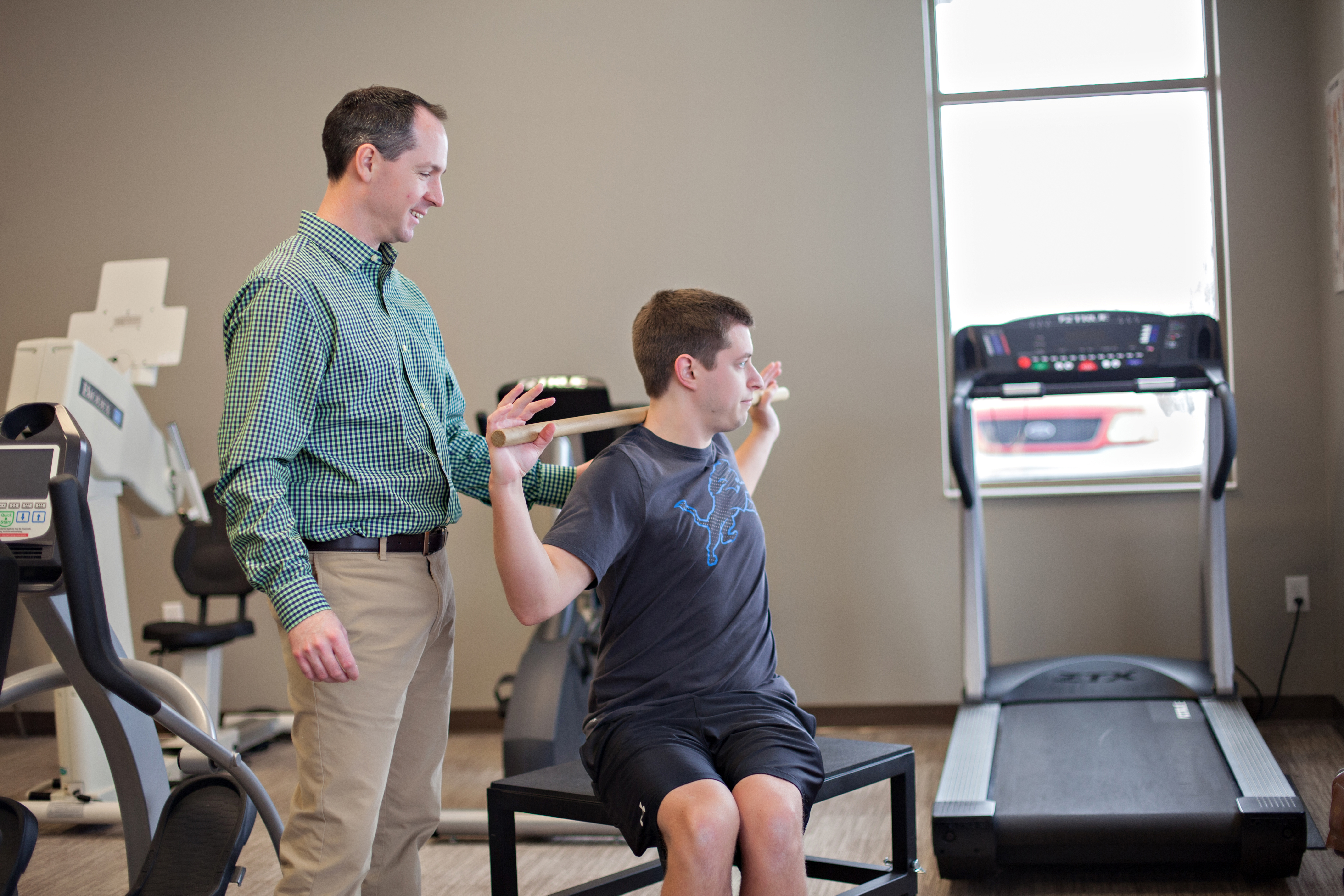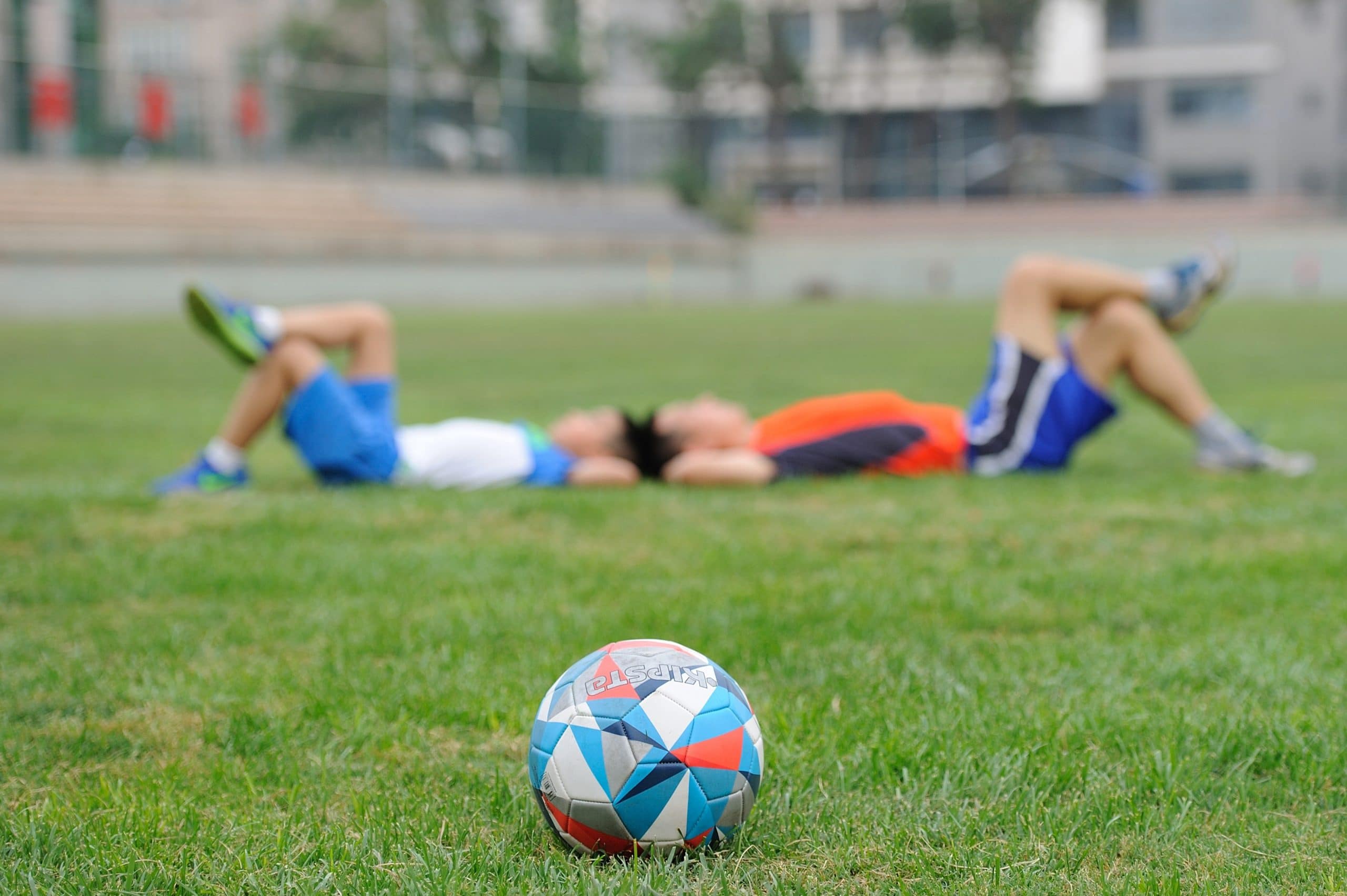Finding the Athlete in All of Us
Many patients will ask, “So what’s it like working with professional athletes? Or, “Tell me about your experience with the Cleveland Indians, Villanova Wildcats, or US Soccer.” I think patients want to hear about how glamorous it is, how you use fancy, expensive equipment for rehab, or just want to know how amazing and gifted some of those athletes are. I’ll generally start the answer off with, “oh sure, it was really cool, great experiences, etc.” But the real meat of the answer surprises most patients: It’s exactly the same as treating you.
When you begin physical therapy we set goals. Sure, a professional baseball player’s goal may be to throw 95 mph in front of 50, 000 fans and yours may be to take a walk with your grandkids or tend to your garden on a Saturday afternoon, but we all have goals. To reach your goals it takes hard work, determination, and a positive attitude. These are all attributes that are often associated with sports when talking about successful individuals or teams, but can be applied to anyone.

Injury can affect you in ways that are not physical. It can cause psychological and emotional strain as well. Athletes tend to lose their identity or feeling of being part of the team. Their sense of worth or value also becomes diminished because they aren’t on the field. The same can be said for patients who can’t go hiking with friends or take their dog for a walk.
One of the most valuable tools I’ve used in rehab is encouraging athletes and patients to remain active, even if they can’t do what they were able to in the past. For an athlete, this can mean mentoring younger players, studying film, coaching, and developing new strategies to prepare yourself for the eventual return to the field. For example, I’ve seen a handful of high school and college athletes become Physical Therapists and Athletic Trainers after realizing how much it interested and impacted them when they were the patient. Some have gone on to coaching, others have realized that sports wasn’t as important in the grand scheme of life as they once believed and it was time to focus on academics or family.

It’s important for non-athletes to stay involved as well. Spend more time with family, find a new hobby that you never had time for, join community classes or small groups at church. These are all very therapeutic ways of staying active and growing as an individual. You can have a positive impact on your life and the lives of others that were never realized before your injury. Injury can open other doors that you never knew existed.
Unfortunately, not everyone gets back to the major leagues, runs that triathlon on their bucket list, or is able to avoid that surgery they’ve been putting off, but the journey helps you grow as a person. Injury helps to put a lot of things into perspective. The journey, the struggles, the successes, will make you stronger in other aspects of life that might not be evident right away. It’s sometimes challenging to see the forest through the trees, but keep moving, never give up. Find the athlete in yourself. It’s there.
Click here to learn more about our team of physical therapists that are ready to help coach you through the injuries that you sustain so you may continue to enjoy your life to the fullest!
